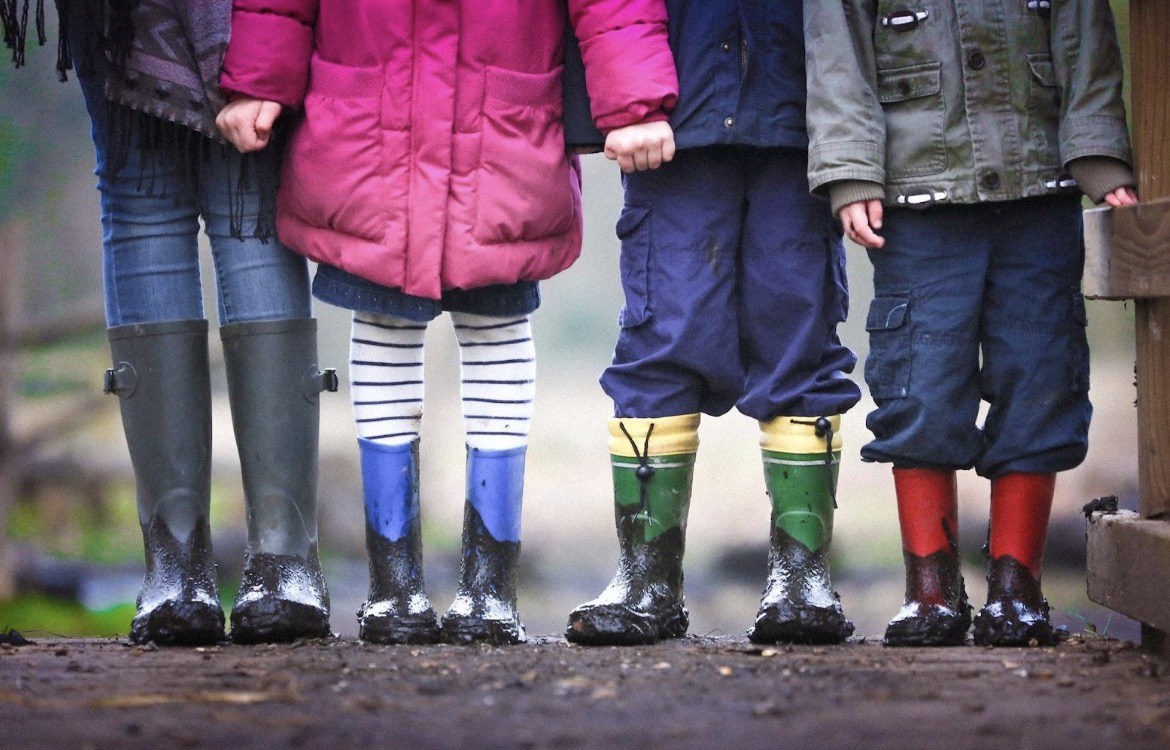Traumatic events can leave lasting scars—not just on the individuals who experienced them, but also on their environment, including those closest to them. This is especially true when a child experiences trauma, as it can have a profound and far-reaching effect on both their mental health and the resilience of their family members.
In this blog post, we’ll explore how traumatic events shape children’s mental health, as well as how families can work together to build resilience in response to challenging circumstances.
Reader's Roadmap
What is Trauma and its Impact on Mental Health
Trauma is a complex and multifaceted issue that can have a significant impact on one’s mental health. Simply put, trauma is an emotional response to a distressing event, experience, or situation that overwhelms an individual’s ability to cope. Traumatic experiences can take many forms, ranging from physical or sexual abuse to natural disasters, accidents, or other traumatic events.
The impact of trauma on mental health can be devastating, leading to a wide range of issues such as anxiety, depression, PTSD, and addiction. While everyone will experience trauma differently, it’s essential to seek help when experiencing symptoms to mitigate the long-term effects of trauma on mental health.
How to Deal with an Accident
Accidents, whether they are physical or emotional, can be incredibly traumatic for children. They may feel fearful, anxious, and unsure of how to process what has happened. In these situations, it’s crucial for parents or caregivers to provide a safe and supportive environment where the child can express their feelings and thoughts without judgment. It’s also essential to reassure them that it’s not their fault and that they are loved and supported.
Additionally, seeking therapy or counseling can help children cope with the trauma and build resilience. Having an attorney, such as a personal injury attorney for physical accidents or a family therapist for emotional accidents, can also provide support and guidance during the recovery process. If you’re looking for a personal injury attorney in Connecticut, for example, start by doing some research and asking for referrals from trusted sources. Also, make sure to prioritize your child’s mental health and well-being during this challenging time.
Ways to Identify Early Signs of Trauma in Children
Childhood trauma can have long-lasting effects on a person’s mental health. Therefore, it is essential to identify any early signs of trauma in children to ensure they receive the necessary treatment early on. Potential indicators include changes in behavior, such as mood swings, aggression, or withdrawal.
Children who have experienced trauma may also struggle with academic performance or suffer physical symptoms, like headaches or stomachaches. Additionally, some children may express fear or anxiety consistently. Keeping an eye out for these signs and addressing them promptly can help mitigate the long-term impact of traumatic experiences on a child’s well-being.
Methods to Help Children Cope with Traumatic Events
Children are often more resilient than we give them credit for, but traumatic events can still be extremely difficult for them to deal with. Fortunately, there are a number of effective methods that can help children cope in the aftermath of such events. One approach is to encourage positive self-talk, which can help build resilience and a sense of control.
It’s also important to provide a sense of safety and stability, whether that means sticking to regular routines or simply offering a comforting hug. Additionally, creative outlets like drawing or writing can allow children to express their emotions in a healthy way. With the right support and resources, children can learn to navigate the difficult road to healing and recovery.
Building Family Resilience in the Face of Adversity
The effects of trauma are not limited to the individual who experienced it but can also impact their family members. In some cases, families can even grow stronger and more resilient in response to adversity. Family resilience is the ability to adapt and thrive despite challenging circumstances, and it’s a crucial factor in helping children cope with traumatic experiences.
Discussing Trauma With Your Child
Trauma can be a heavy and difficult topic for anyone to discuss, especially with your child. However, it’s important to have these conversations in a sensitive and age-appropriate manner. Children often struggle to comprehend the complexity of trauma and may not know how to express their feelings. As a parent, it’s essential to listen to their concerns and provide a safe space for them to ask questions and share their emotions.
With honesty, patience, and compassion, you can help your child navigate the healing process and build resilience for the future. Remember, discussing trauma with your child is not an easy task, but by doing so, you are showing them that they are not alone and that help is available.
Practical Strategies for Coping with Stressful Situations
Aside from seeking professional help, there are also practical strategies that families can use to cope with stressful situations. These may include relaxation techniques such as deep breathing or mindfulness exercises. It’s also important for family members to communicate openly and support one another through difficult times.
Additionally, finding healthy outlets for stress such as exercise, hobbies, or spending time in nature can greatly improve one’s mental well-being. By practicing these strategies together, families can build resilience and develop a stronger support system in the face of adversity.

Dealing with trauma, especially in children, is a multifaceted challenge that takes patience, understanding, and a lot of care. Being aware of the impact it has on mental health, identifying any early signs, and implementing effective coping strategies are all key steps towards recovery and resilience. At the heart of this process is communication: open, honest, and compassionate dialogue can create a safe space for healing to take place.
Remember, building resilience is not a solo journey but a collective effort. Therefore, nurturing strong family bonds, having a support network, and maintaining a self-care routine can go a long way in fostering resilience. Above all, it’s crucial to remember that asking for and seeking help is a sign of strength, not weakness. With time, support, and the right resources, managing trauma and stress becomes more achievable, leading to healthier and happier lives.







Leave a Reply
View Comments